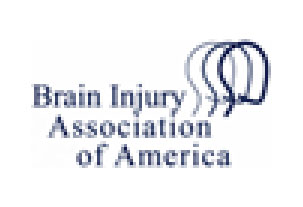Scientists are prepared to develop a potential lab test in order to diagnose the pregnancy complication known as preeclampsia. Preeclampsia often leads to premature delivery and can be fatal to both mother and baby. Researchers at Brown University and Women and Infants Hospital have also created a well defined animal model of preeclampsia. Study representatives report that the modal is the first pregnancy specific animal model and the predictive assay is the first where the researchers are able to go back to the first trimester to predict problems. Based upon research that has shown to link the immune system secretion IL-10 with a successful pregnancy, researchers began experimenting with mice genetically engineered to lack IL-10. The hypothesis was that if they isolated blood serum from human patients with preeclampsia and gave a dose of it to the mice that the mice would develop symptoms of preeclampsia. The significance of having…
Read More »
Birth Injury and Cerebral Palsy Attorneys Home
New Medical Advances to Fight Preeclampsia
December 6, 2010German man wants to force Bayer to acknowledge defect with pregnancy drug
November 22, 2010A German newspaper recently reported that letters written by scientists in the UK and Germany indicate that concern was being raised about the pregnancy test drug Duogynon in 1967 – yet it was still being prescribed until at least 1975. André Sommer from Pfronten, Bavaria, is suing Bayer for the defects he suffered after his mother took the drug while pregnant with him in 1975. He was born with severe problems with his bladder and sexual organs. His case will be heard soon by the Berlin District Court, and will include the documents which have recently come to light in which doctors wrote to each other about problems they had observed. “The seeming relation between the increase in birth defects and the sale of the pregnancy test is pretty alarming,” one scientist wrote on November 1967. “We have to be extremely careful,” when using the drug with pregnant women, another…
Read More »
Babies Born Late May Face Increased Cerebral Palsy Risk
September 2, 2010According to a new study, late-term and preterm babies face a slightly greater risk of developing cerebral palsy than those born at term. That preterm babies face greater risks is well known but this is the first study to link cerebral palsy to infants born after 40 weeks of gestation. Researchers caution that the risks are very small and the data are not sufficient to recommend intervention. According to the study, published Sept. 1 in the Journal of the American Medical Association, the risk for infants born at 37 weeks developing cerebral palsy was 90 percent. At 38 weeks, the risk dropped to 30 percent. But at 42 weeks and later, the risk for cerebral palsy increased to 40 percent. The study looked at a group of infants who had no other birth defects. The report concluded that the causes for this are unclear and more research into late-term risks…
Read More »













